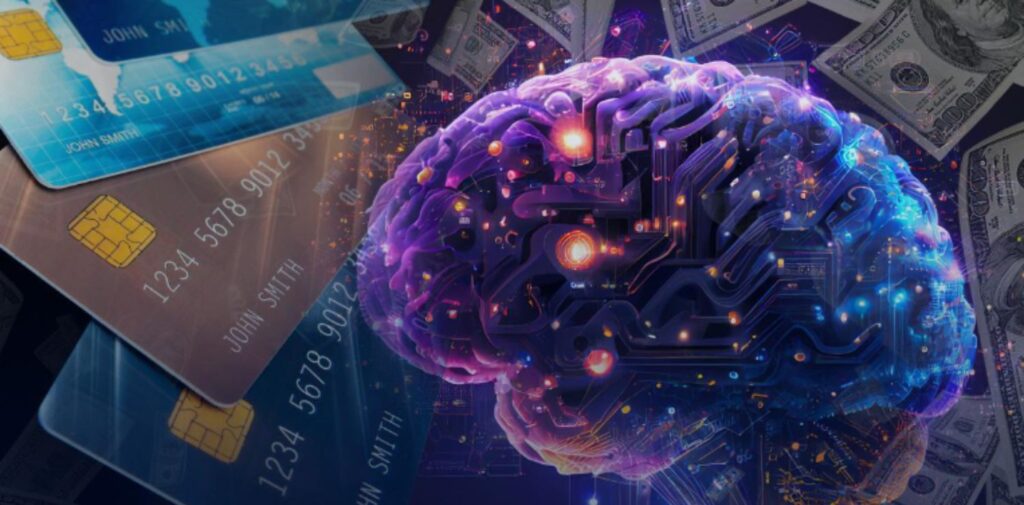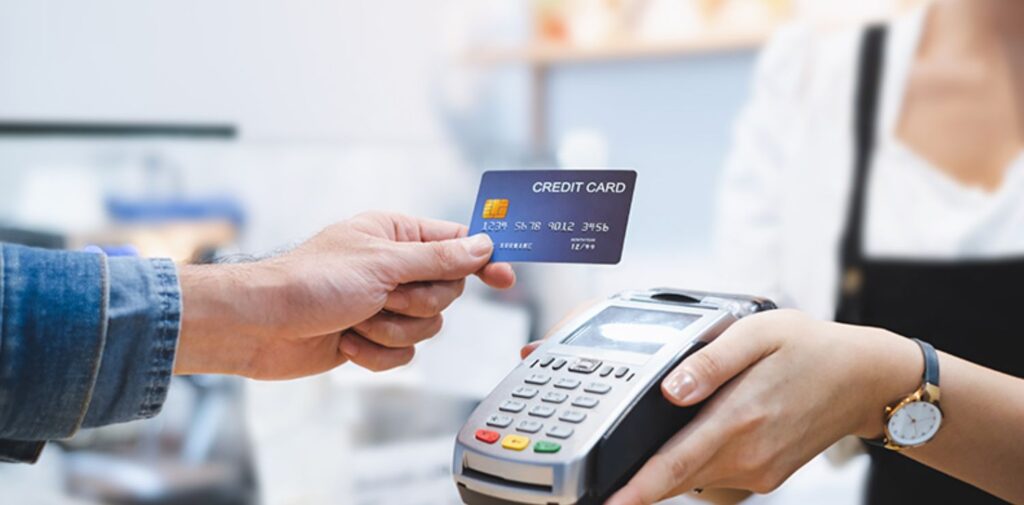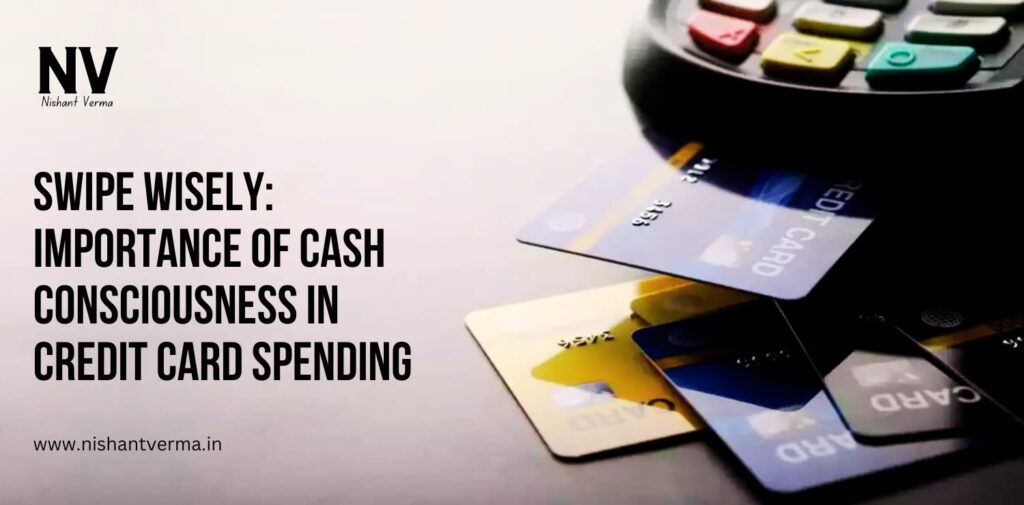In today’s fast-paced, consumer-driven world, credit cards have become an essential part of daily financial transactions. From online shopping to dining out, the convenience of a credit card is undeniable. However, this convenience often leads to financial pitfalls when not managed properly. The adage “If you can’t buy something in cash, don’t buy it on a credit card” serves as a crucial reminder of the importance of financial discipline. This article explores the wisdom behind this advice, offering insights into responsible credit card usage, the dangers of living beyond your means, and strategies for maintaining financial health.
The Psychology of Credit Card Spending
One of the most significant factors that lead to credit card misuse is the psychological impact of spending with plastic. Unlike cash, which you can physically see and feel leaving your wallet, credit cards create a mental disconnect between the purchase and the financial consequence. This disconnect often results in spending more than you can afford, as the immediate outflow of cash is not felt.

Several studies have shown that people tend to spend more when using a credit card compared to cash. A study published in the Journal of Consumer Research found that consumers are willing to pay up to 100% more for the same item when using a credit card. This phenomenon, known as the “credit card premium,” highlights the dangers of relying on credit for purchases you wouldn’t otherwise make if you had to part with your hard-earned cash immediately.
Understanding this psychological tendency is the first step in curbing unnecessary credit card spending. By treating credit cards as an extension of your bank account rather than free money, you can begin to develop healthier financial habits.
The High Cost of Interest: Why Credit Isn’t Free Money
Credit cards offer the allure of instant gratification, allowing you to purchase items now and pay for them later. However, this convenience comes at a cost. Unless you pay off your balance in full each month, you’ll be charged interest on the remaining balance. Credit card interest rates, or APRs (Annual Percentage Rates), can be alarmingly high, often ranging from 15% to 25% or more.
For example, let’s say you purchase a $1,000 item on a credit card with a 20% APR and only make the minimum payments each month. It could take you several years to pay off that $1,000, and by the time you’re done, you might have paid hundreds of dollars in interest alone. This scenario highlights how quickly debt can accumulate when you’re not mindful of your spending.
Interest charges can quickly turn a seemingly manageable purchase into a long-term financial burden. This is why the advice “If you can’t buy something in cash, don’t buy it on a credit card” is so crucial. If you don’t have the cash on hand, it means that purchasing the item might not be financially viable for you at that moment. By relying on credit, you’re effectively committing to spending more money in the future than you have today—a dangerous habit that can lead to debt and financial instability.
The Snowball Effect of Credit Card Debt
One of the most alarming consequences of using credit cards irresponsibly is the potential for debt to spiral out of control. The ease of swiping a card can lead to multiple purchases, each adding to your overall balance. If you only make minimum payments, the interest on your balance continues to grow, making it harder to pay off your debt.

This creates a snowball effect: as your debt grows, more of your monthly payment goes toward interest rather than the principal balance. Over time, you might find yourself in a situation where you’re paying hundreds or even thousands of dollars in interest without significantly reducing your debt. This cycle can be incredibly difficult to break and can take a significant toll on your financial and mental well-being.
Debt can also have long-term consequences on your financial health. High levels of credit card debt can negatively impact your credit score, making it more difficult to obtain loans, mortgages, or even new credit cards with favorable terms in the future. In extreme cases, credit card debt can lead to bankruptcy, a financial status that can take years to recover from.
Strategies for Responsible Credit Card Usage
The good news is that credit cards don’t have to be a financial trap. With responsible usage, they can be a valuable tool for building credit, earning rewards, and managing expenses. Here are some strategies to ensure you’re using credit cards wisely:
Budget Before You Buy: Before making any purchase, especially with a credit card, evaluate whether you can afford it. Create a budget that includes all your income and expenses, and determine how much disposable income you have. If a purchase exceeds your budget, it’s a sign that you should reconsider or save up until you can afford it without relying on credit.

Pay Your Balance in Full Each Month: To avoid interest charges, aim to pay off your credit card balance in full every month. This not only helps you avoid debt but also ensures you’re not spending more than you can afford. If you’re unable to pay off the full balance, prioritize paying down as much as possible to minimize interest charges.
Set Spending Limits: Many credit cards allow you to set spending limits for yourself. Take advantage of this feature to ensure you don’t overspend. By setting a limit that’s within your budget, you can prevent impulse purchases and maintain better control over your finances.
Track Your Spending: Regularly monitor your credit card statements to keep track of your spending. Many credit card issuers offer mobile apps that allow you to check your balance and transactions in real-time. This can help you stay on top of your spending and avoid any surprises when your bill arrives.
Use Credit for Necessities, Not Luxuries: A good rule of thumb is to use credit cards for necessary expenses, such as groceries, gas, or utility bills, rather than luxury items or non-essential purchases. This way, you’re using credit to manage your cash flow rather than financing a lifestyle you can’t afford.
Building a Healthy Financial Future
The ultimate goal of responsible credit card usage is to build a healthy financial future. By adhering to the principle of “If you can’t buy something in cash, don’t buy it on a credit card,” you’re committing to living within your means. This mindset fosters financial discipline, reduces the risk of debt, and helps you build a positive credit history.
Credit cards can be a powerful financial tool, but they require careful management. By understanding the psychological impact of credit card spending, being aware of the high cost of interest, and implementing strategies for responsible usage, you can avoid the pitfalls of debt and maintain financial stability.
In conclusion, the advice to avoid purchasing on credit what you can’t afford in cash is more than just a financial guideline—it’s a principle that encourages long-term financial health and security. By swiping wisely and prioritizing cash-conscious decisions, you can enjoy the benefits of credit cards without falling into the trap of debt. Your financial future is worth the extra caution.




